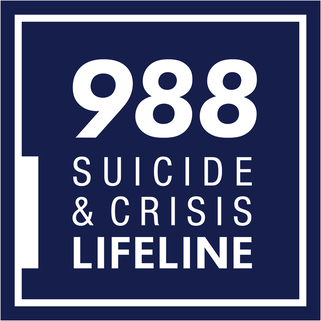|
What medications can cause heat-related illness? As the weather becomes more hot and humid this summer, keep in mind that almost all psychotropic medications can decrease the body's response to heat which may put you at risk for heat-related illness. Medications that can decrease heat tolerance include common medications prescribed here at Providers For Healthy Living. Some medications that can decrease heat tolerance include: • Antidepressants (e.g. Zoloft, Prozac, Wellbutrin, Cymbalta, Effexor, and others) • Antipsychotics ( e.g. Abilify, Geodon, Seroquel, Latuda, Risperdal, and others) • Amphetamines (e.g. Adderall, Vyvanse, and others) • Beta-Blockers (e.g.propranolol, atenolol, nadolol, and others) • Diuretics or water pills (e.g. furosemide, hydrochlorothiazide, and others) • Anticholinergics ( e.g. Cogentin, Artane, and others) • Lithium - Increased perspiration and water loss can cause higher levels of lithium in your blood which puts your at risk for lithium toxicity. Signs and symptoms of lithium toxicity include: dizziness, unsteadiness, tremor, slurred speech, lethargy, and confusion. Please seek immediate treatment or go to the emergency room if signs lithium toxicity occur! *This is not a comprehensive list. Please consult your medication provider or pharmacist about your specific medication(s). Are some populations at increased risk of heat-related illness? Yes. The elderly or those with medical conditions such as diabetes, respiratory disease, heart disease and alcohol use disorders may be more susceptible to heat-related illness. You should know that alcohol, benzodiazepines, and opioids (pain medications) may decrease your awareness of heat-related illness. Drugs such as cocaine, anabolic steroids, hallucinogens, and ecstasy or MDMA may also decrease your heat tolerance. What are the signs and symptoms of heat-related illness? Heat-related illness varies from mild forms such as heat exhaustion (with warning signs such as heavy sweating, paleness, muscle cramps, weakness, dizziness, headache, nausea or vomiting) to a severe form such as heat stroke (a deadly form of heat-related illness that occurs when we cannot control our body temperature so the temperature rises rapidly with warning signs that include confusion, unconsciousness, body temperature higher than 103 degrees Fahrenheit, red/hot/dry skin, or throbbing headache). Please call 911 or seek treatment immediately if signs of heat stroke occur! How can heat-related illness be prevented? You can help prevent heat-related illness by drinking plenty of fluids, eating regularly, and avoiding caffeinated beverages and alcohol. Wear sunscreen as well as loose fitting and light-colored clothing while outside. Spend time in cooler environments when possible. Try to eliminate heat in your home by keeping the drapes closed during the day. Avoid outdoor activity during the hottest hours of the day. For more information, please consult with your medication provider about heat-related illness and request the "Heat-Related Illness in Individuals using Psychiatric Medication" pamphlet published annually by the Ohio Department of Mental Health.
0 Comments
Leave a Reply. |
|
Please DO NOT use this email address for medication refill requests or for emergency situations.
Click here for refill requests instead of using email: Medication Refill Request Form If you have a medical emergency, email is never the appropriate way to communicate your needs, and you should instead call 911 or go to the nearest ER. If you are having suicidal thoughts and need to speak to someone immediately, you can contact Suicide Prevention Hotline at the number (and link) below. [email protected]
Communications via email are not secure. Although it is unlikely, there is a possibility that the information you include in an email can be intercepted and read by other parties besides the person to whom it is addressed. |
|
2024 Providers for Healthy Living | All Rights Reserved
|

